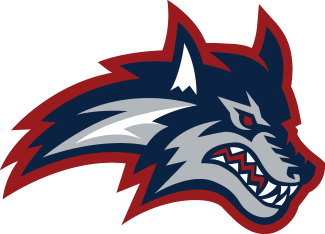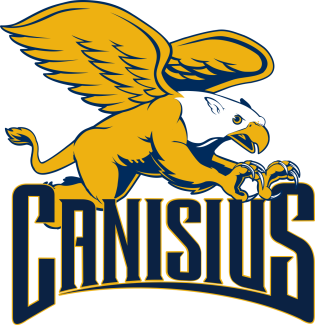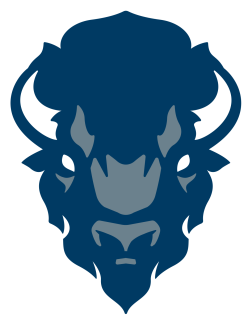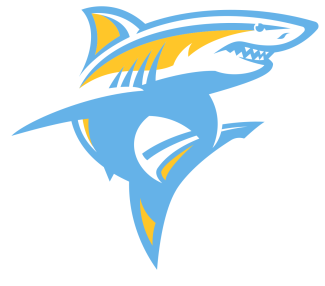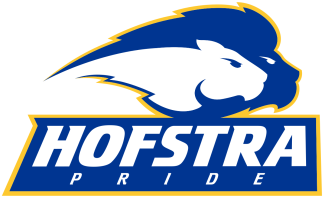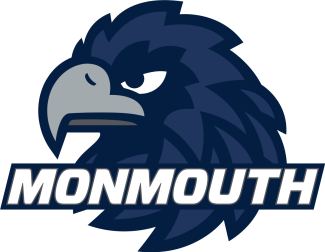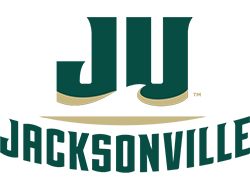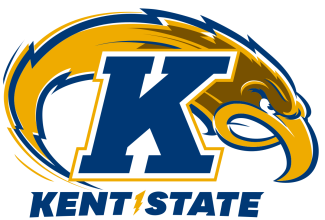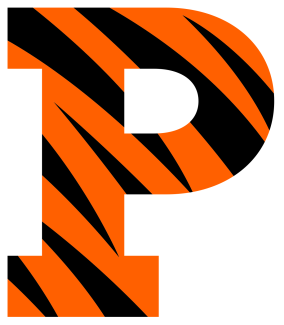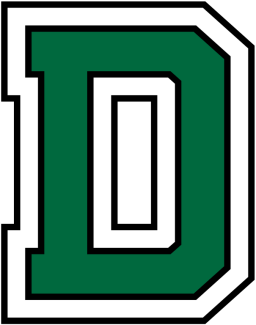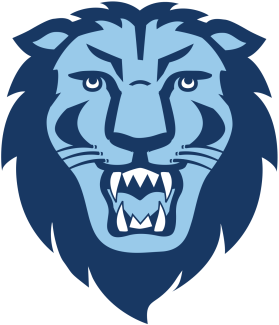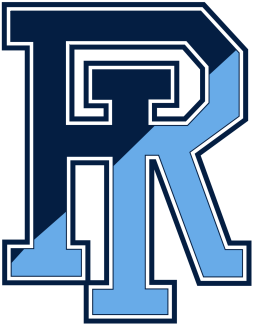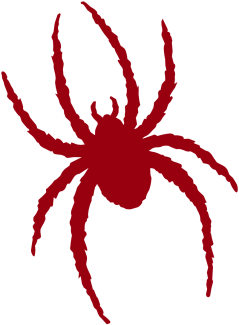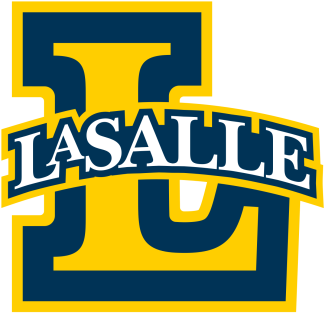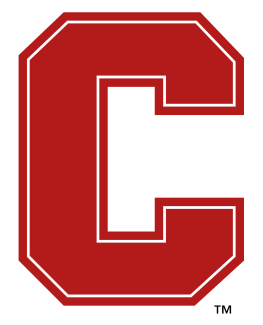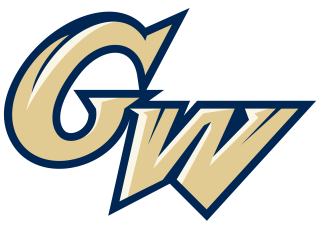Growing up in LaFayette, New York, Bob Shaw gravitated to sports early in life. After all, both of his parents were physical education professionals, and that influence helped shape his youth.
It also didn’t hurt that his dad worked at Syracuse University, and Shaw was routinely on campus to witness firsthand the athletic exploits of players like Jim Brown, Ernie Davis and Larry Csonka.
“We went to all the Syracuse football and basketball games,” Shaw said. “We bled Orange.”
Ironically, one of the sports he didn’t see much at Syracuse was lacrosse, primarily because his dad didn’t really follow the sport. But that didn’t stop Shaw from giving the game a try when he arrived at LaFayette High School. It became one of five sports that Shaw lettered in during his high school career.
“I believe that if you play a lot of sports, as I did, you end up loving lacrosse,” said Shaw, who became a two-way midfielder. “It has the best combination of all the aspects of sports — speed, strength, agility, endurance, team play and individual skills.”
Playing on a high school lacrosse team that included many Native players also had a strong influence on Shaw. He developed a unique underhand shot that was utilized by some of his Native high school teammates.
“I practiced it over and over again until I got it down,” Shaw said. “The sidearm and underhand shot was not prevalent in lacrosse at that time.”
Lacrosse eventually led Shaw to Cornell, which had one of the dominant collegiate programs during that era. After one year on the freshman team, he joined the varsity team for the 1970 season. His impact was immediate.
Shaw led the Ivy League in scoring as a sophomore and earned the first of three eventual All-America awards. The Big Red finished undefeated in 1970 and captured the first of three straight Ivy League titles. They weren’t selected as national champions, however, since that decision was still done by vote.
“We were voted fourth in the country that year behind three southern teams that all had two losses,” Shaw said. “So that still sticks in my craw, a little bit.”
The good news for Shaw and Cornell was that the championship process was about to change. Beginning with the 1971 season, the NCAA determined its annual champion on the field with a playoff tournament.
It didn’t take long for the tournament to live up to its billing. Cornell slipped past Brown 10-8 in an exciting opening round game in the 1971 playoff and then faced Army in a semifinal.
In a memorable game that featured two lead changes and four ties in the fourth period alone, Shaw netted the game-winner in the closing minutes to give Cornell a 17-16 victory, snapping a 15-game losing streak against West Point.
“It was an unbelievable game,” Shaw said. “Frenchy Julian was the referee for the game and said it was the best game he ever saw.”
One week later, Cornell led from start to finish to defeat Maryland 12-6 and claim the first NCAA lacrosse championship.
“The best lacrosse was in the north that year,” Shaw said. “We were motivated to win the tournament.”
After college, Shaw remained active as a club and professional box player and also earned a spot on the 1974 U.S. men’s national team that won the world championship in Australia.
“I always played on great teams,” said Shaw, who will be officially inducted into the National Lacrosse Hall of Fame on January 6. “That’s really what I’m most proud of.”






